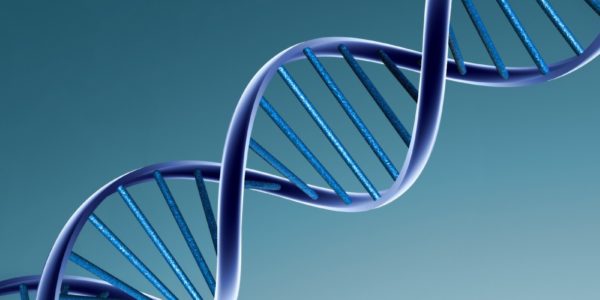Have you ever taken a prescription medicine that didn’t work for you, or even worse, you experienced unpleasant side effects? Hopefully, you haven’t had to take any medications so you don’t have an answer for the question. The good news is that with the advances in genetics and pharmacology, we now have some tools available to predict whether a med will work for you before you take it!
Codeine and tramadol (Ultram), are interesting pain relieving drugs because they must be changed by the liver into morphine in order to relieve pain. If you don’t have the correct enzymes present (determined by DNA) then you don’t get any pain relief! What you do get an is an accumulation of a toxic form of the codeine which gives you flu like symptoms. If you have the right DNA, then the enzymes are present, and the codeine or tramadol is metabolized into morphine. Wouldn’t you like to know if your body has the necessary enzymes to metabolize the drug before you buy the prescription?
The good news is that because of the advances in the field of genetics, we can now determine how to dose some of the drugs we use today. However, in order for pharmacist and physician to determine the correct dose, you must have a DNA analysis done.
Some physicians are beginning to recommend to their patients, that they get their DNA analyzed as part of a routine physical. It only needs to be done once.
If you decide on your own, or your doctor encourages you to have your DNA tested, you have a couple of options. You can have a clinical laboratory associated with a hospital or clinic do the test, or you can use a DNA lab that allows consumers to request their own test. Insurance will rarely pay in either case. The clinic associated lab will require a doctor’s order and will probably use a blood sample. (Usual cost 2 or 3 thousand dollars). The consumer lab doesn’t require a doctor’s order and they usually use a saliva sample (Usual cost 100 to 300 dollars).
It can take 6-8 weeks to get the results. The consumer labs will usually give you access to the raw data that was generated during the analysis. This is where the gold nuggets are found.
Let’s say you had your DNA tested. Then, six months later, you have a heart attack. Victims of heart attacks are often given a drug called clopidogrel (Plavix) to keep their platelets from sticking and causing a blockage. Because you had the DNA test done and you gave the results to your physician, the cardiologist noted that you have two non functional copies of gene CYP2C19 which are needed to metabolize the drug to a working form. Since the doctor found this out before he gave you the drug, he prescribed an alternative which did work for you. Otherwise, you could have had another heart attack or stroke because you were given the non- working clopidogrel which, according to the DNA report, your body can’t process.
Currently there are 43 drugs known to need DNA information in order to dose properly in some individuals. Conditions like asthma, arthritis, depression, chemo therapy, high cholesterol, high blood pressure, acid re reflux and heartburn can all be treated more effectively if your genetic make up is known. The list of drugs is growing monthly.
BRCA1 and BRCA2 are tumor suppressor genes that can have mutations disabling some of the tumor suppressor function. When this happens there can be an increased risk of breast cancer or ovarian cancer in the individual. Here is where good professional advice is important because your risks (such as smoking) and family history (did any family member have breast or ovarian cancer?) play an important role in helping a genetics counselor explain what these mutations may mean to you.
Don’t expect your doctor to understand the raw data from your genetics test. It really takes a computer program capable of doing the analysis because there are reams of data that would take an individual hours to review. Supply your physician and pharmacist a condensed report that highlights the important genes for drug detoxification and tumor suppressor genes.
AncestryDNA – This site is best for cousin matching, most geographic regions for ethnicity.
FamilyTree DNA – Best for serious genealogy YDNA and mtDNA tests.
MyHeritage – Best autosomal test on a budget.
23andMe – best for genetic health screening, not genealogy.
Where to get the DNA analyzed if you use 23 and Me. Most of these sites have a small charge or request a donation for the report.
Promethease – Start with this one. Very complete report.
GeneticGenie – specific for methylation pathway and detox analysis.
Know Your Genetics – specific for methylation pathway analysis.
Services I can offer you in the health area:
I can help you in 2 specific areas.
- If you want a report specific for drug vs DNA compatibility then I can help you get the test. The lab requires a signature from your provider. I will give you a personal explanation of your results and supply you with a written copy of the report. This lab charges $399 Contact me.
- If you are looking for an analysis of 33 tumor suppressor genes to see how well your body is defending itself against cancer than I can connect you with the lab that does this test. The lab geneticist will call you when the report is ready and discuss it with you. She will recommend nutrition and other strategies to activate sluggish genes. This test costs $300. Let me know if you are interested in this and I will supply you with the phone number to call and who to talk to.
My contact info is: wscody@gmail.com


1 Comment
Dr. Deborah Warner
July 11, 2018Great information here, Dr. Scott… thank you!